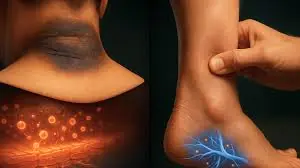
Your Body May Show These 5 Signs of Insulin Resistance Before Lab Results
Your Body May Show These 5 Signs of Insulin Resistance Before Lab Results
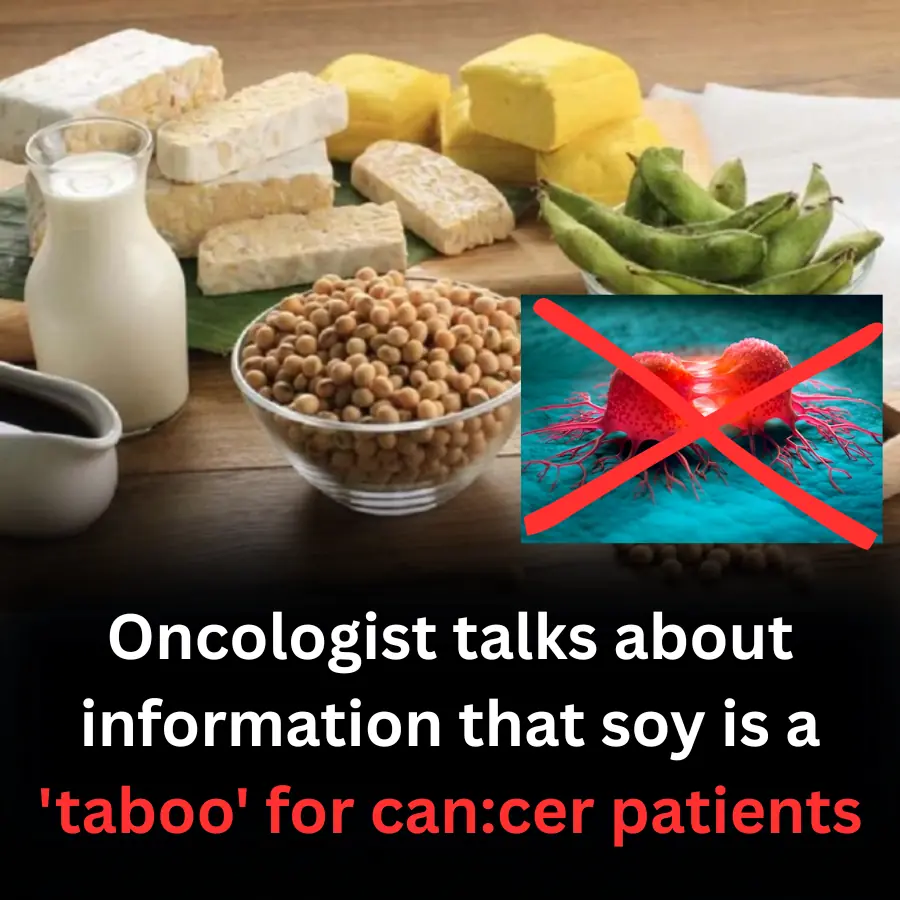
There has been ongoing debate and confusion regarding the consumption of soy for cancer patients, with some oncologists considering it a "taboo" for certain cancer types, while others argue for its potential health benefits. Here’s a breakdown of the concerns and perspectives on soy consumption for cancer patients.
Phytoestrogens and Hormone-Sensitive Cancers
Concerns: Soy contains compounds called phytoestrogens (specifically isoflavones like genistein and daidzein), which are plant-based compounds that mimic the hormone estrogen in the body. Since certain types of cancer, particularly breast cancer, are estrogen receptor-positive (ER-positive), there has been concern that consuming soy might stimulate the growth of these cancer cells.
The Taboo Argument: Some oncologists are concerned that soy's estrogen-like effects could potentially fuel the growth of hormone-sensitive cancers, such as breast or ovarian cancer, especially in patients with a history of these cancers. This has led to the belief that soy should be avoided in certain cancer cases.
Limited and Conflicting Research
Concerns: While some studies have suggested that soy might have protective effects against certain types of cancer, particularly colorectal and prostate cancers, other research has raised concerns about the potential risks for individuals with hormone-sensitive cancers. The evidence on soy's impact on cancer outcomes is still mixed, which is why some oncologists err on the side of caution and recommend avoiding it.
The Taboo Argument: Because of the uncertain nature of the research, some oncologists avoid recommending soy to cancer patients, particularly those with hormone-driven cancers, until more conclusive evidence is available.
Soy as a Source of Protein
Positive Aspects: Soy is a good source of high-quality protein, which is particularly beneficial for cancer patients undergoing treatment (e.g., chemotherapy or radiation) who may be at risk for malnutrition or muscle loss. Soy protein can help with muscle repair and overall recovery.
Nutritional Benefits: Soy also contains fiber, vitamins, and minerals that contribute to overall health. For those who are lactose intolerant or prefer plant-based diets, soy can be a helpful alternative source of nutrition.
Cancer Prevention and Antioxidants
Research Findings: Some studies suggest that soy may have protective effects against certain cancers, such as breast, prostate, and colorectal cancers. Isoflavones in soy have antioxidant properties, which may help neutralize free radicals and reduce the risk of cancer cell damage.
Prostate Cancer: There is evidence to suggest that soy may have a positive effect in reducing the risk of prostate cancer and improving outcomes in patients with this type of cancer. Some studies show that soy isoflavones may inhibit the growth of prostate cancer cells.
Individualized Approach: Many oncologists believe that the potential effects of soy on cancer patients depend on the type of cancer and the individual patient's health status. For hormone-sensitive cancers, some oncologists recommend limiting soy intake, while others might suggest moderation. In contrast, soy may be encouraged for patients with other types of cancer where it is thought to have potential protective effects.
Moderation and Avoidance of Processed Soy: For those who are advised to consume soy, it is often recommended in moderation, and whole soy products (such as tofu, edamame, and soy milk) are favored over processed soy products (such as soy protein isolates or soy-based meat substitutes), which can be higher in unhealthy fats or additives.
The advice regarding soy consumption for cancer patients is nuanced. While soy may be considered a "taboo" for some patients, particularly those with hormone-sensitive cancers, it can also offer nutritional benefits and potential protective effects in other contexts. The key is for patients to consult with their oncologist, who can provide guidance based on their specific cancer type, treatment plan, and overall health. As research on this topic evolves, more conclusive recommendations may emerge.

Your Body May Show These 5 Signs of Insulin Resistance Before Lab Results

6 Reasons Why You Pee A Lot
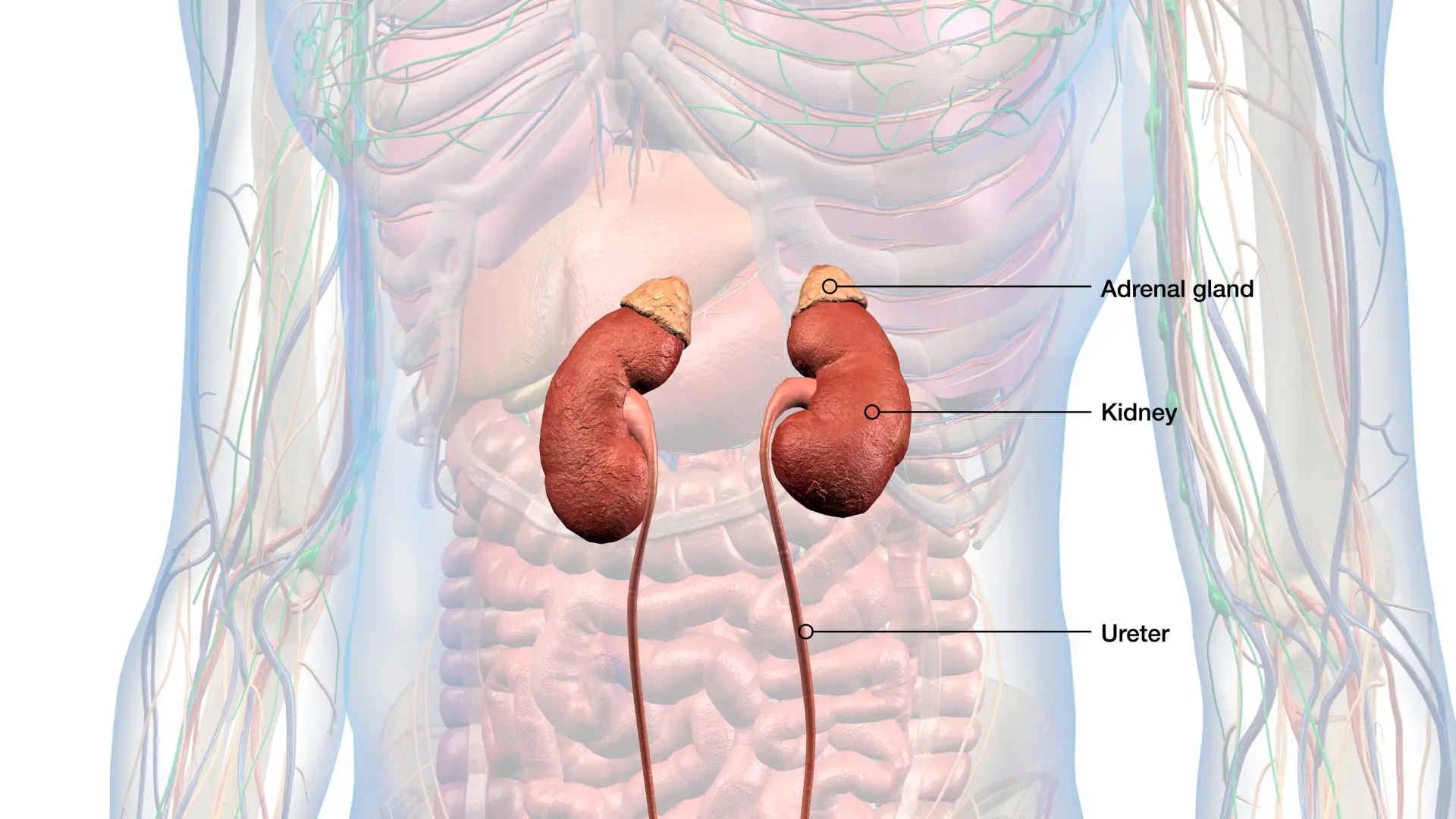
5 unusual skin changes that could signal kidney health issues
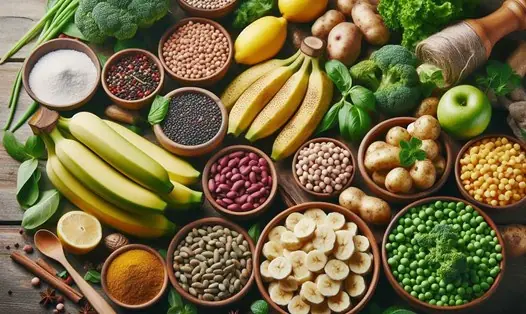
5 foods that can help lower visceral fat while improving digestive health
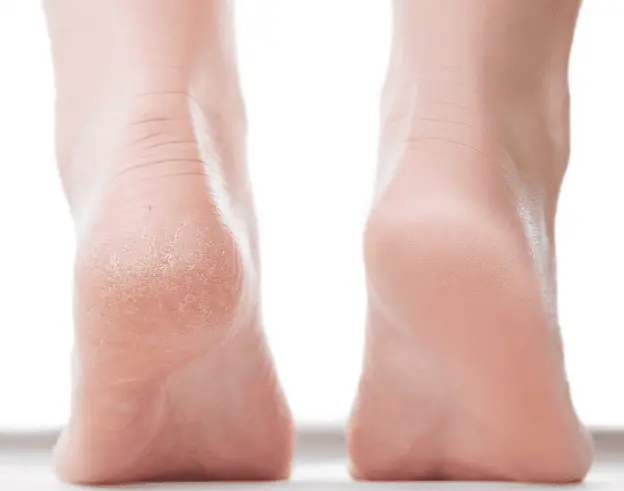
Cracked heels can sometimes indicate underlying health issues

A Pharmacist Reveals Three Cancer Warning Signs That May Appear in the Morning
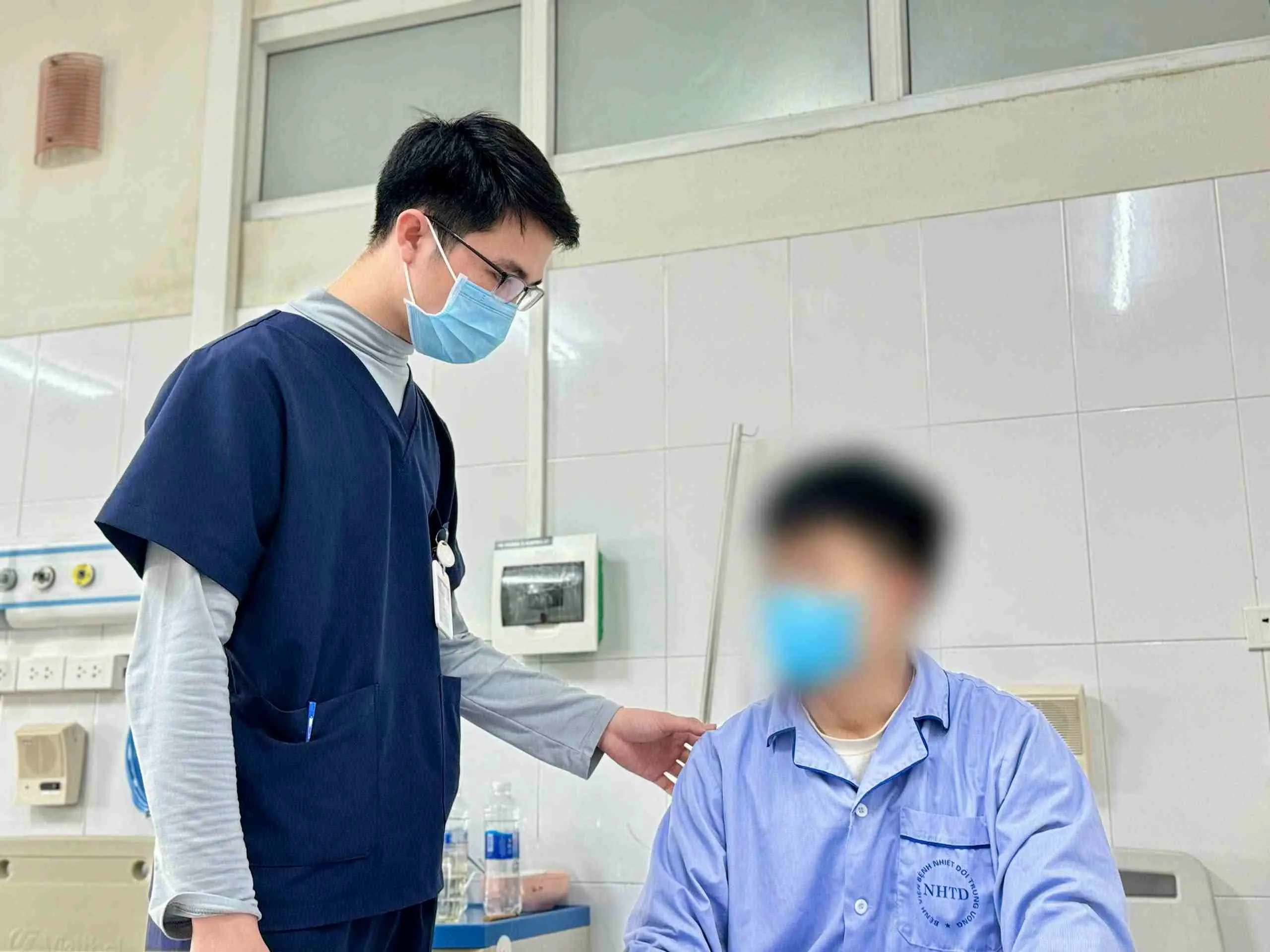
Doctors say a 20-year-old man developed 3 pa.rasite infections after consuming this vegetable

Why You Might Be Waking Up with a Panic Attack
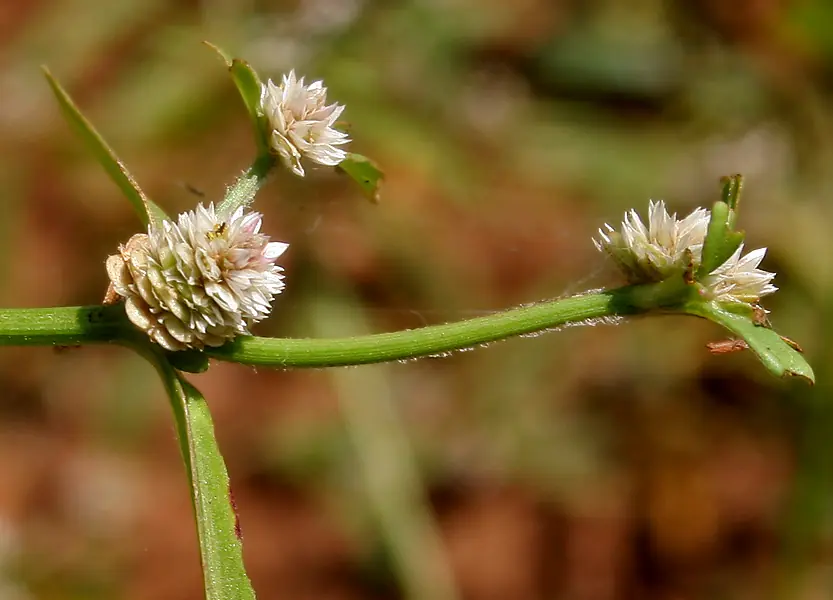
Exploring Sessile Joyweed (Alternanthera sessilis): 30 Traditional Benefits and Natural Uses

How Many Dates a Day Is Healthy?
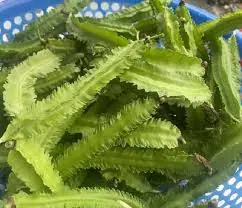
Doctors Reveal What Happens to Your Body When You Eat Winged Beans
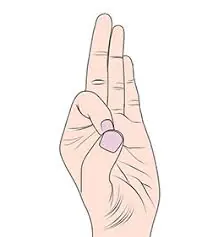
This Simple Finger Stretch Might Have Surprising Benefits — Try It for a Few Seconds
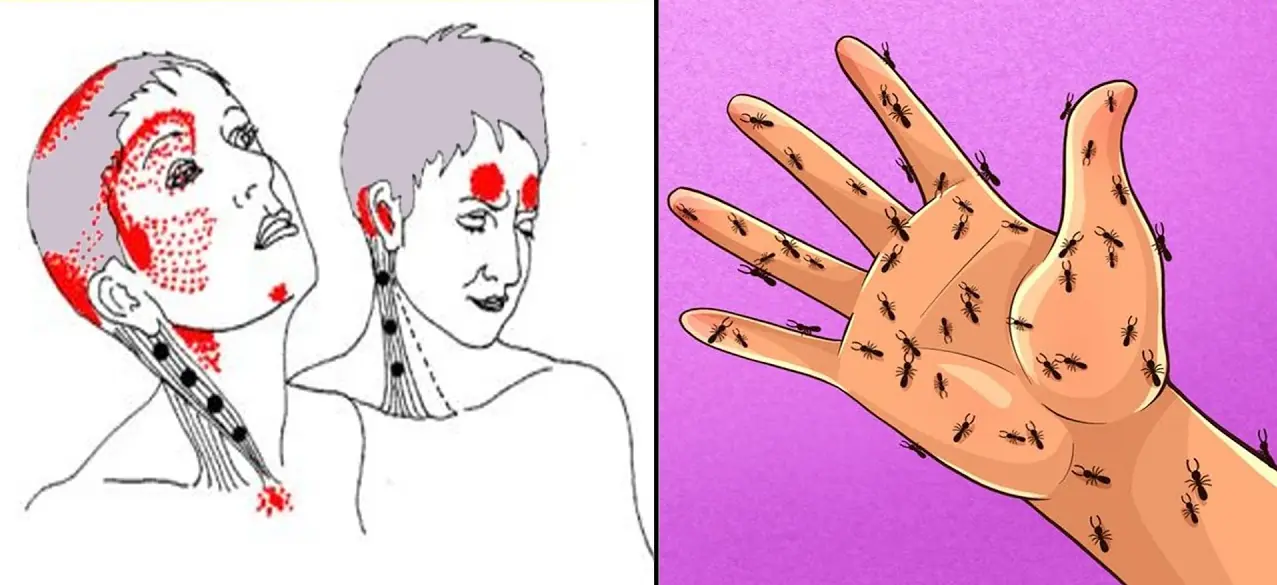
Most people ignore these signs… until it’s too late.
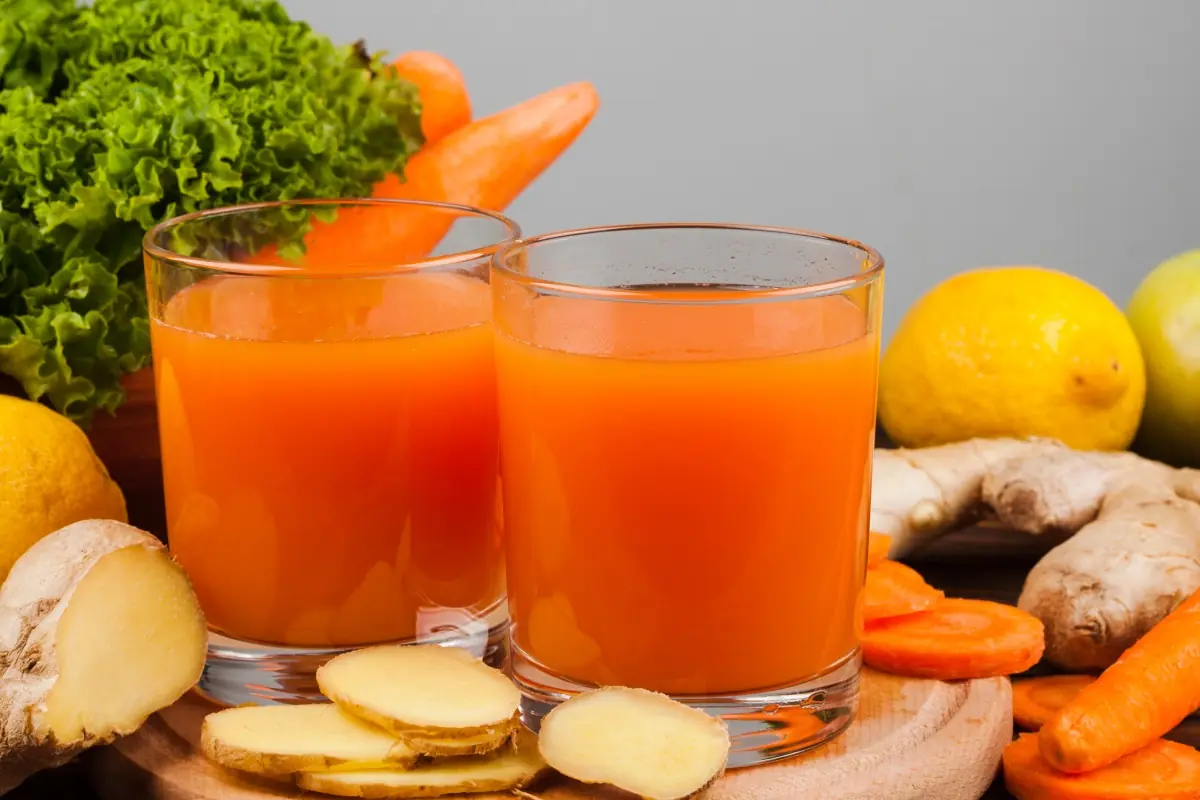
The surprising benefits of carrot and lemon for glowing skin
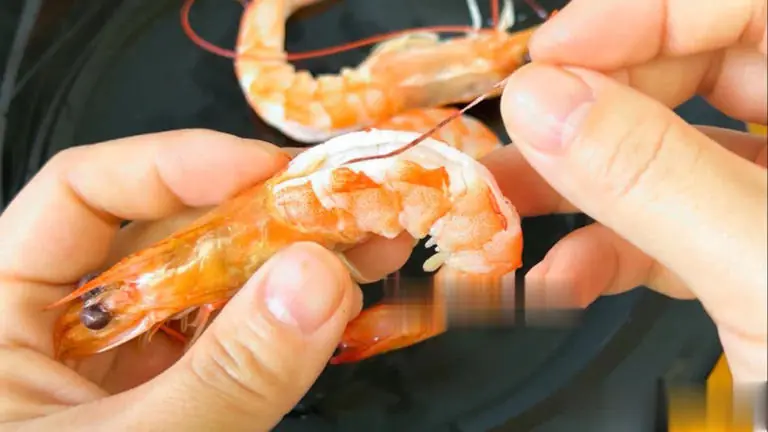
5 groups of people who should be cautious when eating shrimp
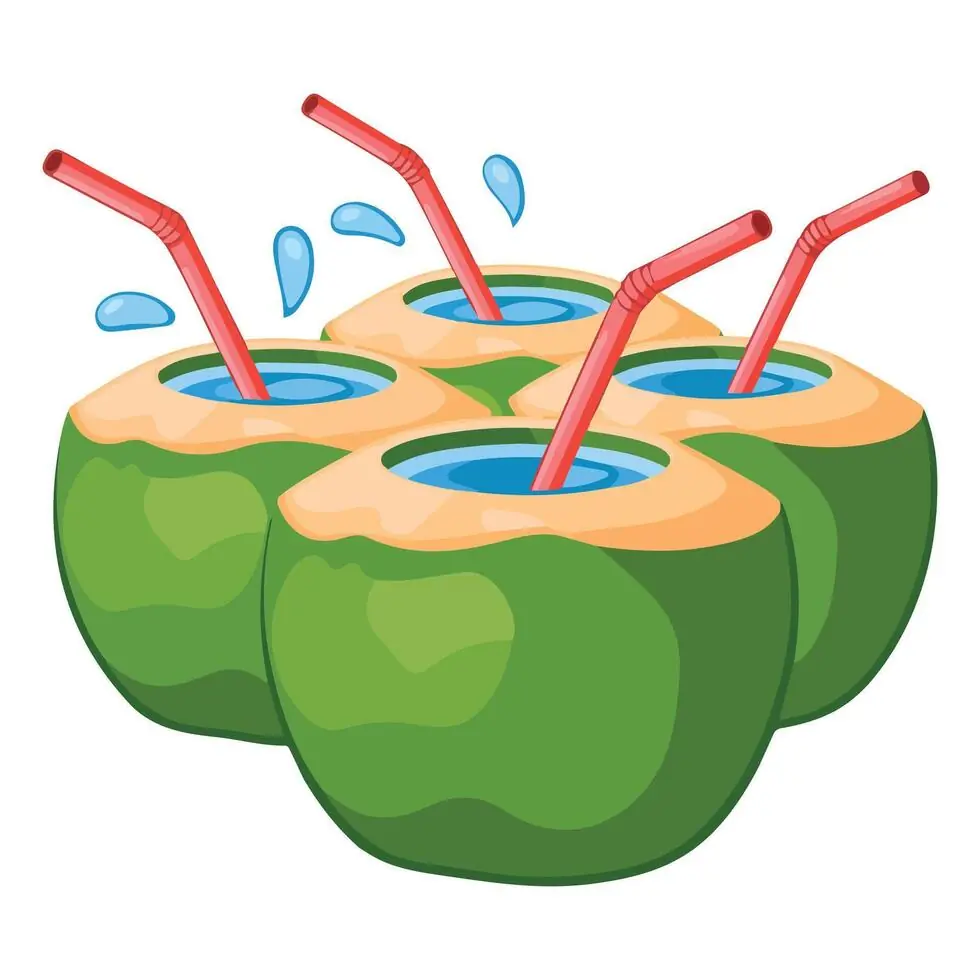
Is Coconut Water Good for Your Kidneys? Here’s What Happens in Your Body
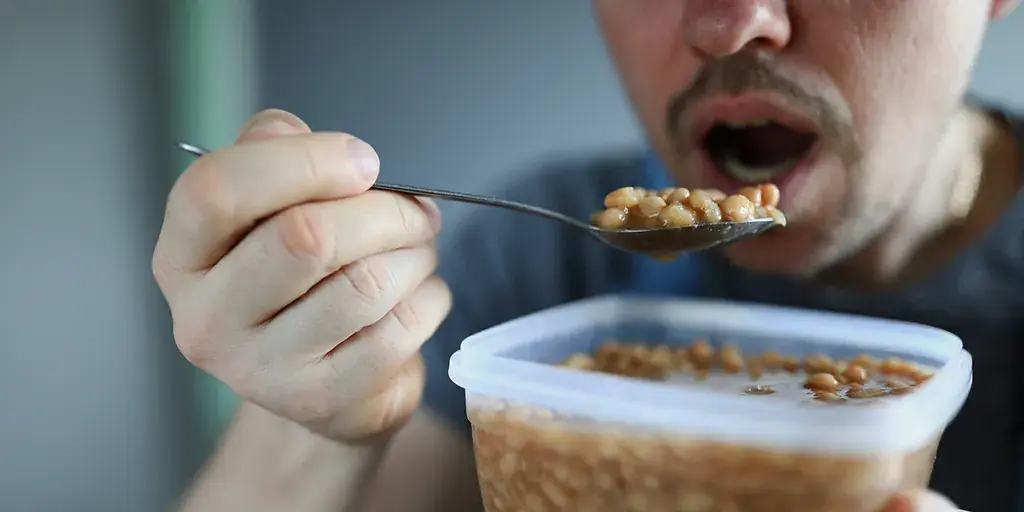
Viral ‘BeanTok’ Gut Health Claims Raise Questions — Experts Explain
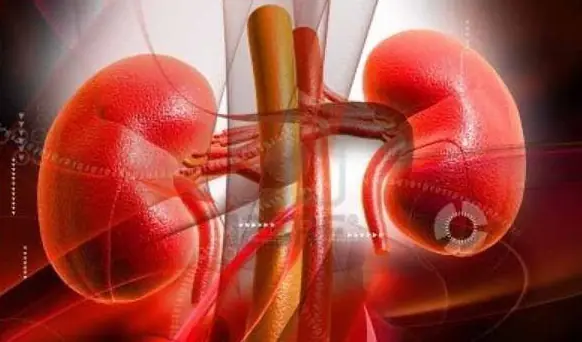
Wondering if your kidneys are healthy? Look for these 5 signs

5 Clear Warning Signs of Colon Cancer You Should Never Ignore
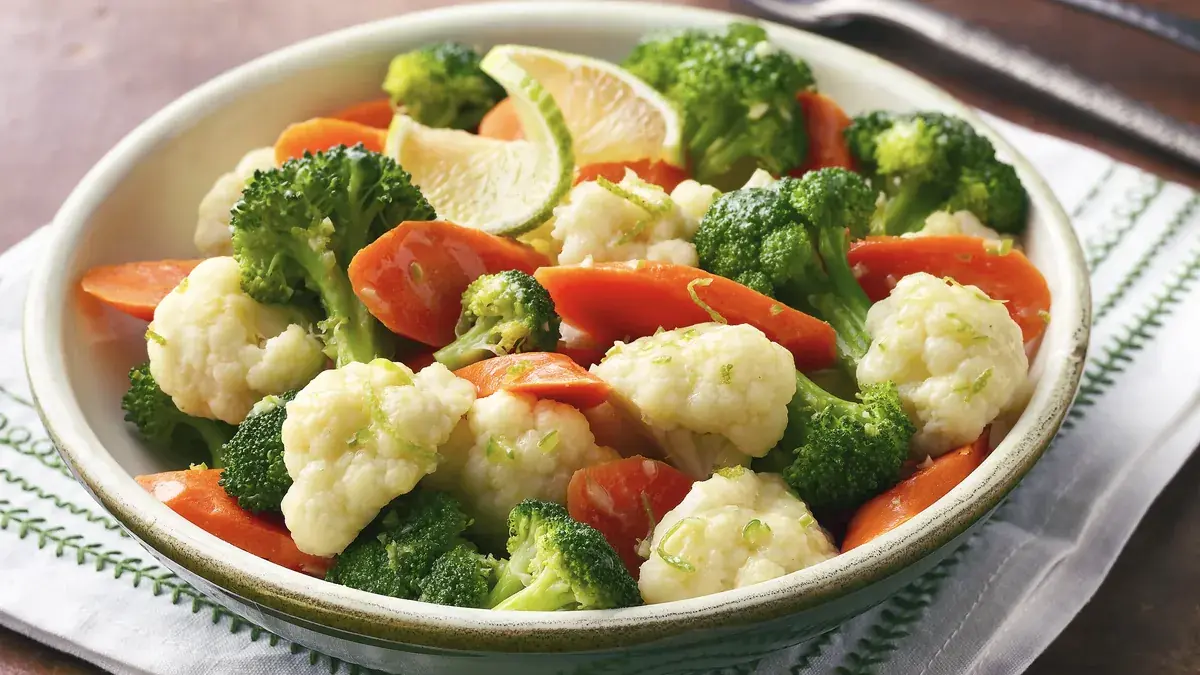
5 Foods That Can Become Unsafe If Left Overnight

Your Body May Show These 5 Signs of Insulin Resistance Before Lab Results

6 Reasons Why You Pee A Lot

5 unusual skin changes that could signal kidney health issues

Easy and budget-friendly ways to clean towels effectively

5 foods that can help lower visceral fat while improving digestive health

Cracked heels can sometimes indicate underlying health issues

A Pharmacist Reveals Three Cancer Warning Signs That May Appear in the Morning

Doctors say a 20-year-old man developed 3 pa.rasite infections after consuming this vegetable

Why You Might Be Waking Up with a Panic Attack
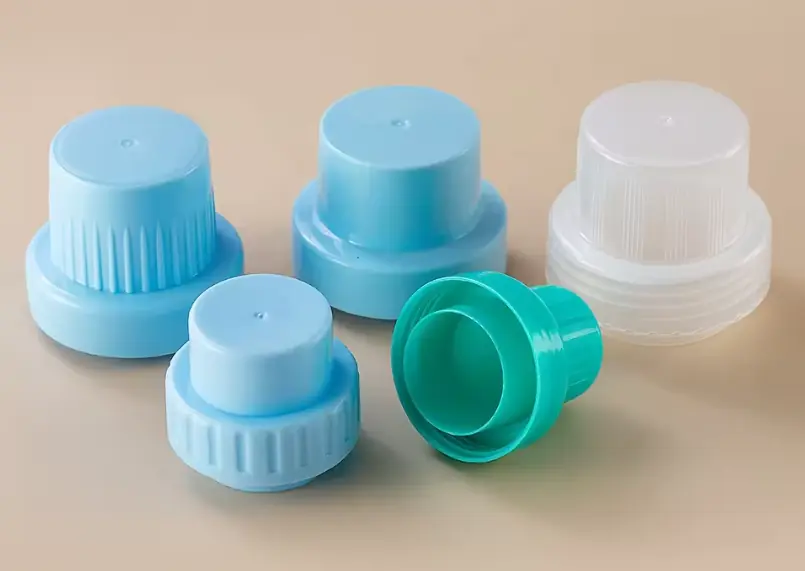
A simple plastic cap…

Exploring Sessile Joyweed (Alternanthera sessilis): 30 Traditional Benefits and Natural Uses

How Many Dates a Day Is Healthy?

Doctors Reveal What Happens to Your Body When You Eat Winged Beans

This Simple Finger Stretch Might Have Surprising Benefits — Try It for a Few Seconds

Most people ignore these signs… until it’s too late.

The surprising benefits of carrot and lemon for glowing skin

5 groups of people who should be cautious when eating shrimp

Is Coconut Water Good for Your Kidneys? Here’s What Happens in Your Body

Viral ‘BeanTok’ Gut Health Claims Raise Questions — Experts Explain

Wondering if your kidneys are healthy? Look for these 5 signs